It is possible that we will end up knowing everything about the new processors Intel even before their official launch!
While their marketing is not expected before, at best, the month of September, Raptor Lake processors found themselves in the hands of ExtremePlayer, a well-known user of the forums Bilibili.
Up to 40% more performance…
A few days ago, the bugger had, in two stages, taken stock of the performance of the Core i9-13900K compared to that of the Core i9-12900K. Our informant had used a engineering sampleso not quite a definitive version of the chip… but almost.
He does it again today with two other CPUs from this 13e generation of processors signed Intel, the Core i5-13600K and the Core i7-13700K. However, we are not yet able to say whether these are final chips or once again engineering samples.
ExtremePlayer, on the other hand, specifies that the first is well endowed with 14 cores while the second has 16. Both chips benefit from an increase in the number of effective cores which each time go from 4 to 8 compared to the Alder Lake generation. .
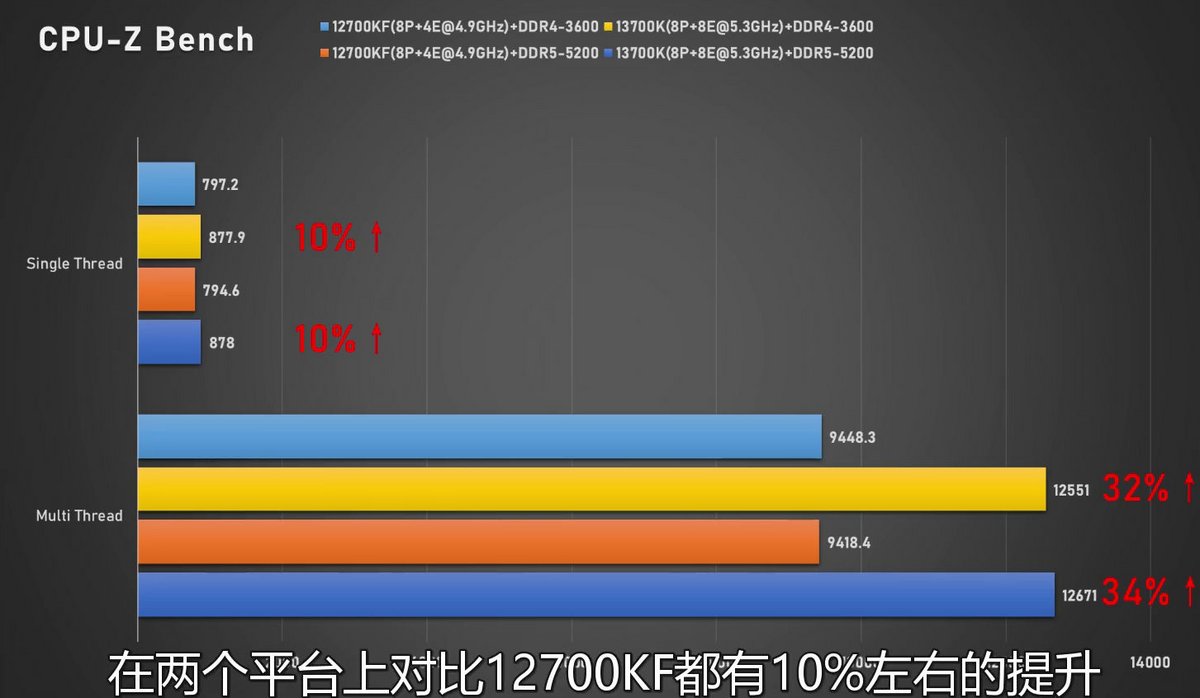
© Videocardz
Another difference is that the two CPUs have higher frequencies than the 12e generation: we are talking about 300 MHz on the Core i5 and even 400 MHz on the Core i7. Finally, the L2 cache is doubled compared to the 12600K and 12700K which serve as the basis for the comparison.
… at the cost of significant consumption
For its tests, ExtremePlayer used two ASRock Steel Legend Z690 motherboards equipped with the latest Intel chipset model: the first was associated with DDR4-3200 while the second went up a gear with DDR5-6400.
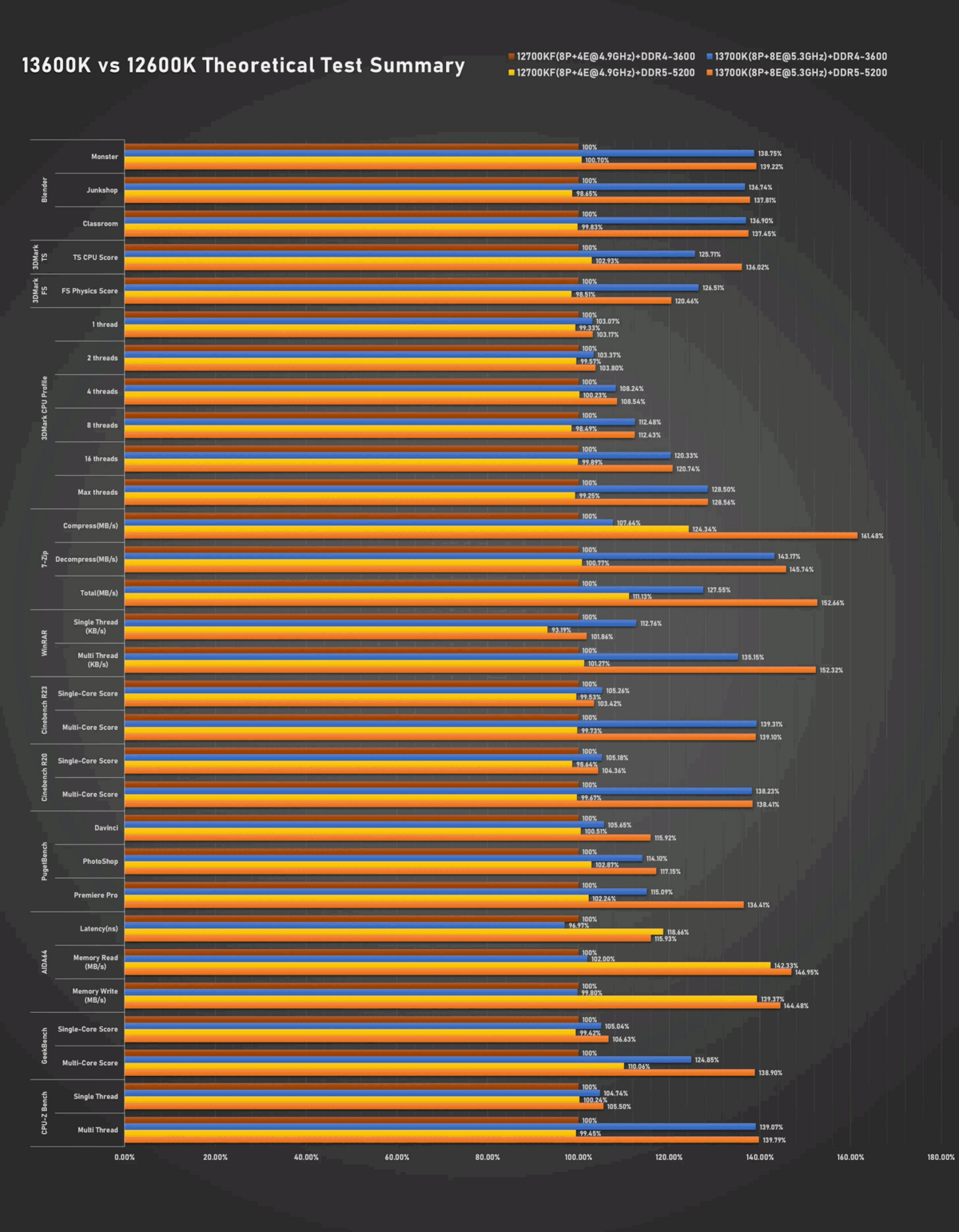
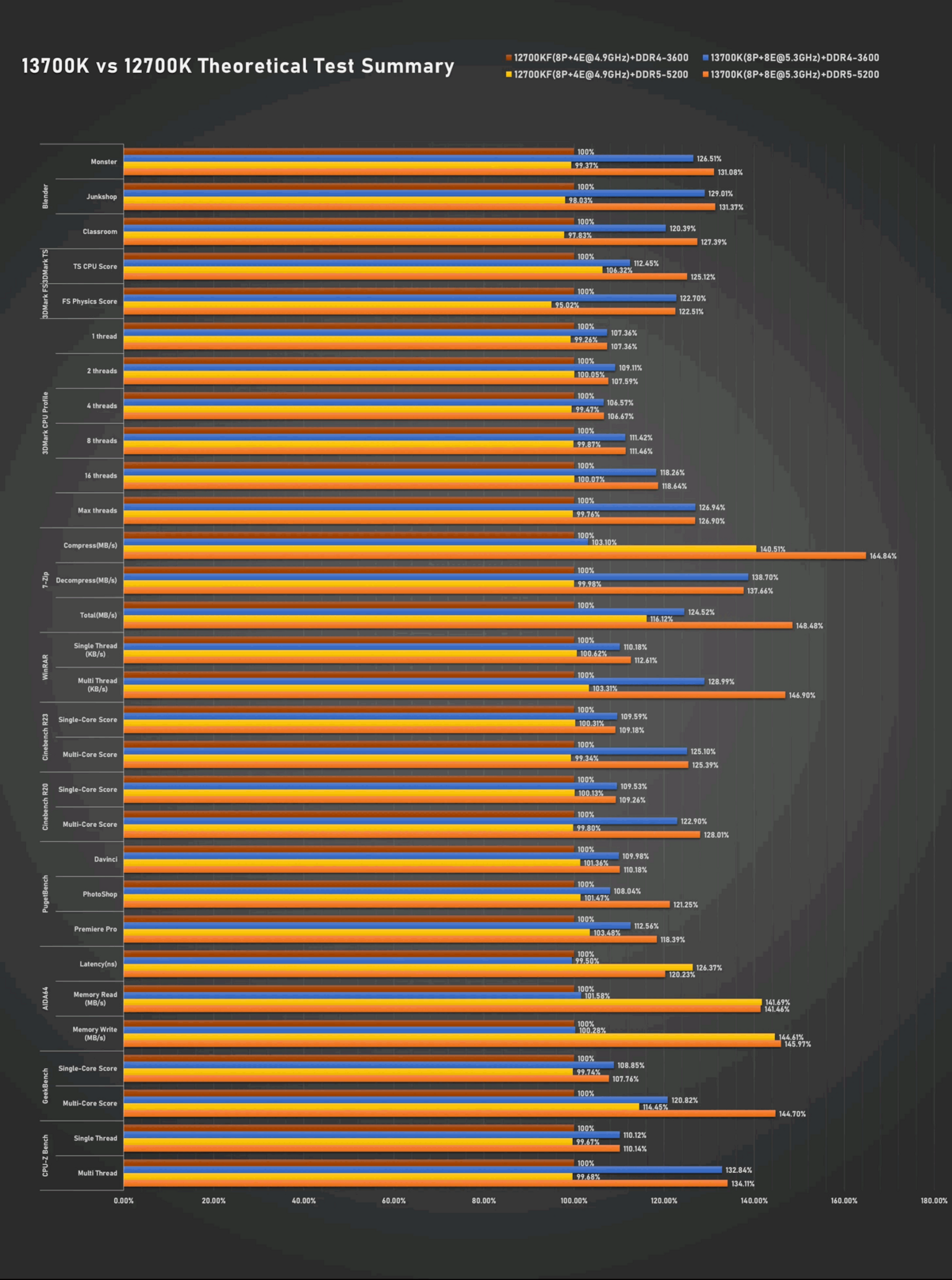
© Videocardz
In general, processors of 13e generation obviously do better than the 12e generation. Thus, on CPU-Z, we can for example note an increase in performance single core/multi core Core i7 by 10% and 32-34% respectively. In the case of the Core i5, the gains are only 5% in single corebut about 40% in multi core.
Problem, to achieve such performance, Intel has especially pushed the consumption of its chips. Measured with AIDA64, the power consumption of the Raptor Lake processors is obvious: 244 W on the 13700K against 188 W with the 12700K and 178 W on the 13600K against 148 W on the 12600K.
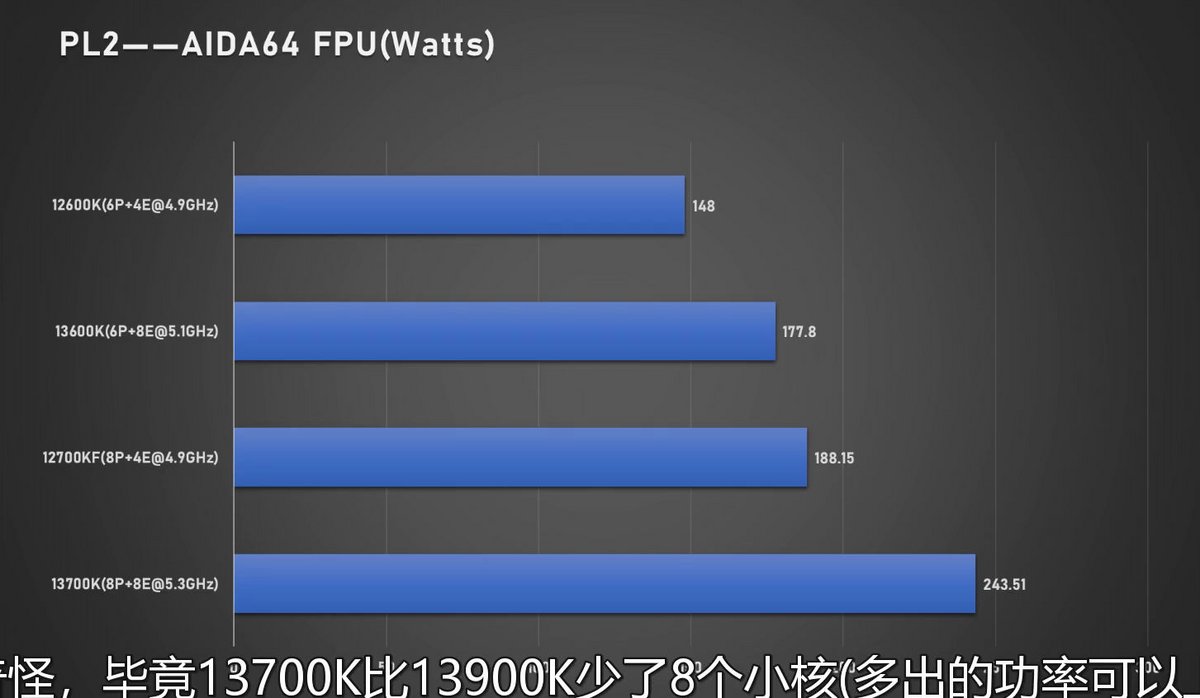
ExtremePlayer can be expected to supplement its results with in-game performance, but more importantly we expect to be able to verify these metrics for ourselves. They actually tend to confirm that Raptor Lake offers little gain in IPC, Intel having above all increased the operating frequencies.
Source : Videocardz
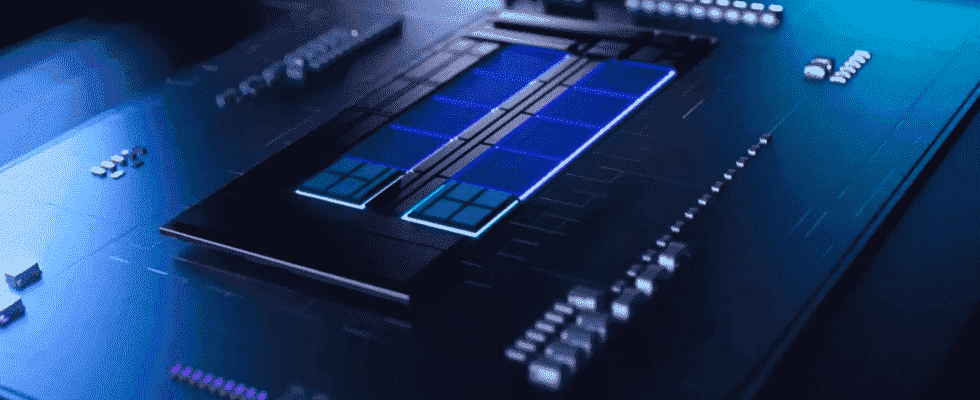
13